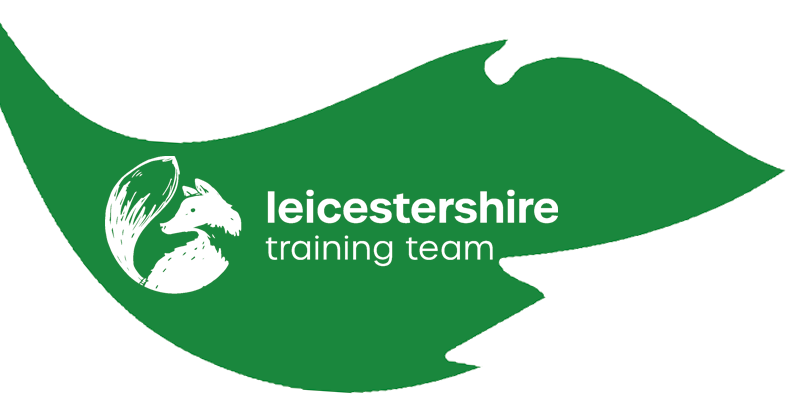How Do I Register As A Nurse From Abroad In The UK?
Posted on 22nd September 2021
With the change in laws due to Brexit, with a global pandemic and natural progression, there has been a lot of changes to registering as a nurse or midwife in the UK! This article covers all the essential elements in plain language and in one place.
This article looks at (click on the sentence to zoom straight there):
What do you need to register with the NMC if you are from outside the UK?
New Brexit laws have detailed that if you didn't gain your nursing qualification in the UK, or applied through the NMC (Nursing & Midwifery Council) prior to the 31 December 2020, you'll need to take a number of tests to become registered to work as a nurse in the UK.
There are several elements including paying a £140 qualification fee, sitting two computer based tests and a practical competency test. Once these have all be undertaken and passed, you'll be able to pay the registration fee of £153 to join the register. Thereafter, you'll need to pay annually to stay on the NMC register.
There are 'legacy' tests the NMC require any person to pass prior to being registered as a nurse with them, unless you completed your training in the UK.
These tests are the 'Legacy CBT' and the 'Legacy OSCE' test. It doesn't matter which test you do first so you can pass whichever one you feel is easiest first to get some momentum going. Normally however (post covid) you would be required to pass the CBT test prior to taking the OSCE test.
What is the CBT Test?
The Legacy CBT (computer based test) and must be done with Pearson VUE. They have test centers around the world where you can complete the test prior to moving to the UK. If you are already living in the UK, there are test centers here for you to go to.
The Legacy CBT is made of 120 multiple choice questions and gives you 4 hours to complete the test. There are two elements to the test, one numerical (maths based) and one clinical based. The clinical test is made of different elements including the NMC code of practice, communication and interpersonal skills, nursing knowledge & decision-making, knowledge on medical conditions, how to undertake practice in a holistic manner and more.
You'll not be expected to gain a 100% score. Each nursing exam (adult, mental health, midwifery, children, and learning disability nursing) have different pass rates. You can access material and mock exams from external companies to support you with passing this test.
What is the OSCE Test?
The Legacy OSCE (Objective Structured Clinical Examination) is a practical exam looking at your clinical and communication skills. Unlike part 1 (the CBT test), the NMC want to see how you relate knowledge to practice, apply holistic patient care and carryout key clinical skills. This must be done in the UK at a designated test centre. There are currently only three centers; Oxford Brookes University, University of Northampton and Ulster University. You will need to book your test via your NMC online account.
The OSCE test is made up of 6 stations. Four of these are based on scenarios, while the other two are practical tests on clinical skills. The four stations will have live actors (real people pretending to be patients) and you'll be expected to be able to take people's clinical observations. These stations will have a time limit of 15 minutes.
There will be one station out of the 6 which is dedicated to in-hospital resuscitation. You may not need to be able to undertake any ventilation, but you will need to verbalise that you would. This station has a time limit of 8 minutes.
Where Can I Find Preparation Material?
On the NMC website, link here: NMC Prep Materials you'll be able to find a lot of support to help you pass.
Any training provider can help support you to pass the examines. This maybe a good opportunity to practice some of the practical clinical skills you may need to use during the OSCE test. You can also read our blog on how to pass the OSCE test: How Do I Pass The OSCE Test? & read our blog on what to expect on the day: What happens on the day of the OSCE test.
What Happens If I Fail A Test?
If you do not pass either test, you can re-apply to try it again. You can do this with both the CBT and OSCE test a maximum of three times each. If you do not pass after the third attempt on either test, your application will be closed and you'll need to make another application and start again from the beginning. You will need to let 10 days go by prior to re-sitting the OSCE or CBT test again if you've failed the first or second attempt.
Do These Tests Cost?
Unfortunately they do and after purchasing them, they have an expiry date to be aware of.
The CBT test is split into two tests, a numerical test (maths based) and a clinical test. The numeracy test costs £50 per attempt, the clinical test costs £70 per attempt. However, you can buy them together which only costs £83 for both. If however, you fail one of the two tests, you'll need to pay either £50 or £70 to resit whichever one you failed.
The OSCE test costs £794 per person and you'll also need to pay for any resits if you failed and are reattempting the test. If you failed part of the test it may cost £397 to resit, however if you failed more areas, it may cost the full £794.
Share this post:



